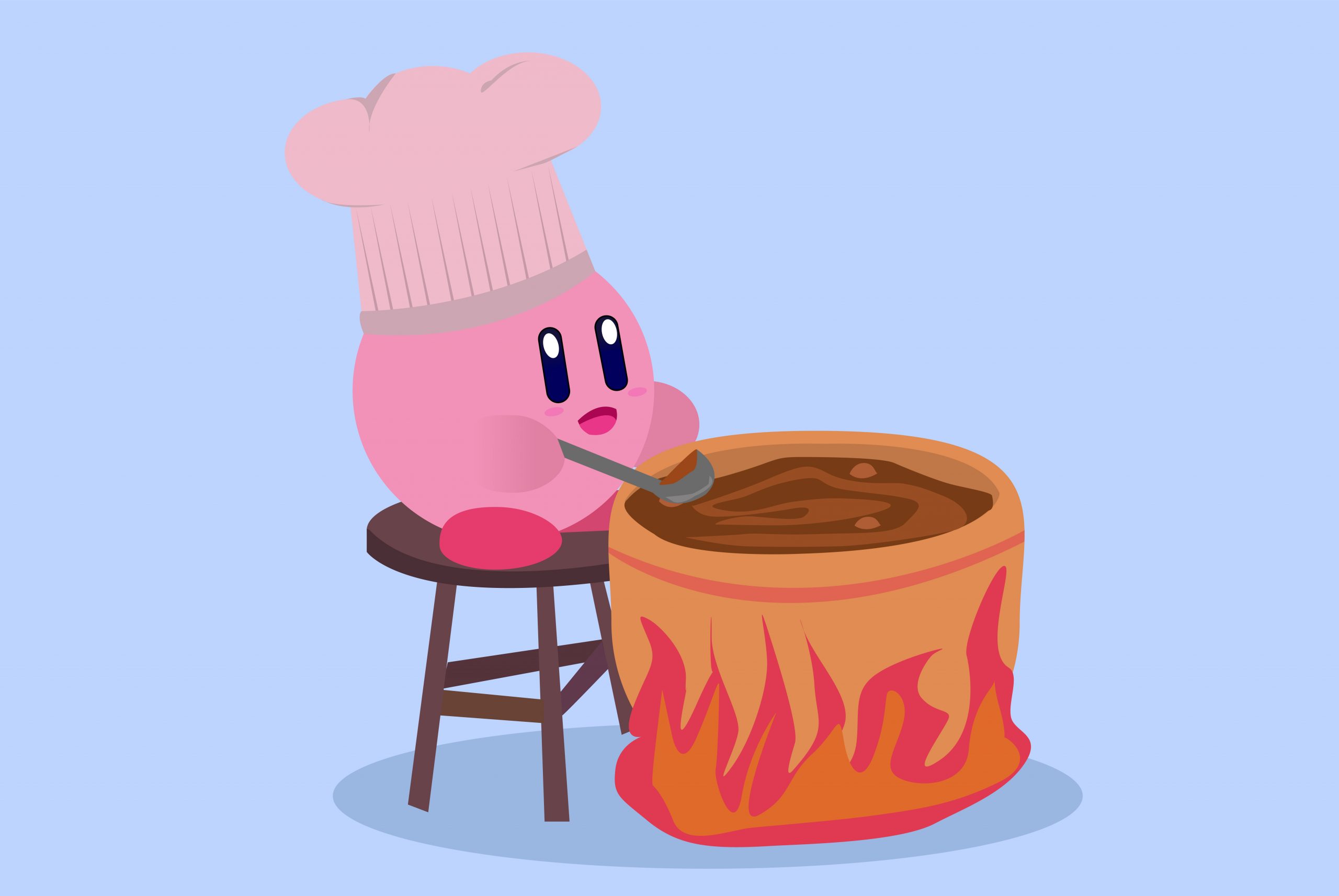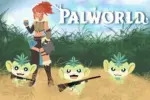I’ve been playing games for a really long time now. My aunt gave me a GameBoy Advance when I was 4 years old, and it somehow snowballed from there into a huge hobby that takes up most of my time. When I was in high school, I preferred more intense games because I had the time to spend with them. My favorite game at the time was Destiny, and to remain competitive, I had to constantly grind out new weapons, reach the newest level and keep up with the changing meta. Games like Overwatch compelled me to play each competitive season to reach new ranks, and I had to keep playing so I didn’t get rusty.
While this was fun at the time, when I went to college, I found I had less time to play. I remember joining a raid with my friends in Destiny 2 after not playing in a bit, and I got a comment from a stranger online about not using the newest-coolest-most-necessary weapon. I rolled my eyes so hard I found myself not wanting to play much after that, and the game is still collecting dust on my shelf to this day.
COVID-19 isolation protocols pushed a lot of people to play video games, with 55% of gamers saying that they played more during quarantine. Some played with their friends online to feel more socially connected, while others relieved stress with games you play casually by yourself. Video games offer us a distraction from the crazy things happening outside, and if you have to stay at home all day, you might as well make the best of it by picking up a new game or playing an old favorite.
Animal Crossing: New Horizons came out in what felt like a few seconds before the world began its COVID-19 lockdown, and it became an instant hit with casual gamers. Released in March 2020, it has since become the second best-selling Switch game. Its slow-paced gameplay offers players a break from more intense games, and catching bees and chopping trees are more attractive to some people than shooting demons in Doom Eternal (released the same day as New Horizons). Softer games like New Horizons, Stardew Valley, The Sims and others have opened a new chapter in casual gaming and are even rewriting the definition of a gamer for some.
Casual games are those that are aimed more at everyday players, not those that play every day. They are games that are easy to pick up and put down. They ask less of your time, and are usually easier with simple, quickly understandable rules. Mobile games fit into this category as well, like those online card games your grandma is obsessed with, and the Match 3 games your mom is obsessed with. Some people don’t have all day to play, and that’s okay with these casual games. There’s no worry that you’re going to lose your edge on Solitaire or Minesweeper and fall out of some global leaderboard. You just play!
Arcade games were the first iteration of casual games since the developers knew that players were only going to play for a short amount of time — whatever 25 cents would buy them. Games like Pac-Man, Tetris, Bejeweled, Farmville and all those games that came pre-downloaded on your first Microsoft laptop were popular casual games in their time. Some even remain popular to this day. And while this would be the technical definition for casual games, we’ve recently expanded the definition to encompass console games that don’t demand all your time and offer softer, less stressful gameplay.
These casual games are spawning new communities that differ from those that revolve around more intense games. Animal Crossing fans host events where they give away rare items to other players. Social media sites like Reddit and Twitter are flooded with pictures of island layouts and interior decorations from users. Stardew Valley players talk about their favorite love interests and share Easter eggs from the game. And of course, we’ve all seen Minecraft videos where people show off their impressive town designs and intricate buildings. These communities offer refuge to those who want a break from the hardcore gaming communities that can sometimes be toxic spaces full of arguments and rude comments.
This isn’t to say that these casual gaming communities don’t have toxic players — however, they definitely provide more of a safe space than their hardcore counterparts. I’ve hosted people in my New Horizon towns who left gifts hidden around my island, and I’ve asked questions on forums that get answered quickly and kindly. On hardcore games, I’ve been berated with rude, sexist comments while playing, which I’ve never experienced in a casual gaming setting.
However, the internet often associates casual games with female players, who are subsequently put down and dismissed. Some deem women “fake” for playing casual games, as if the only way to be a “real gamer” is to play the titles that these people consider “real games,” which are usually hardcore games like RPGs or first-person shooters. It’s rooted deeply in sexism and the constant need for the internet to put down women any way they can. It’s not fair to do this, and many have been calling this behavior out online.
Some have even flipped the script and made jokes about men being fake gamers for not playing the games that are popular with women online. My best friend’s grandmother currently has 1050 hours in Animal Crossing: New Horizons. First off, that is an amazing feat, and I am constantly in awe of her. Yet, some would consider her less of a gamer because she doesn’t have 1050 hours in Call of Duty: Modern Warfare. Being a gamer should never be about what games you play, but about what games do for you. If they make you happy, if they give you a way to connect with your friends and family, if they let you be yourself, then you’re a gamer. No one should be able to take that from you.
















